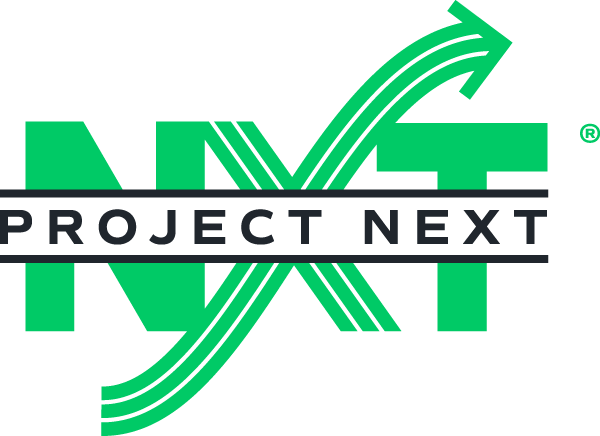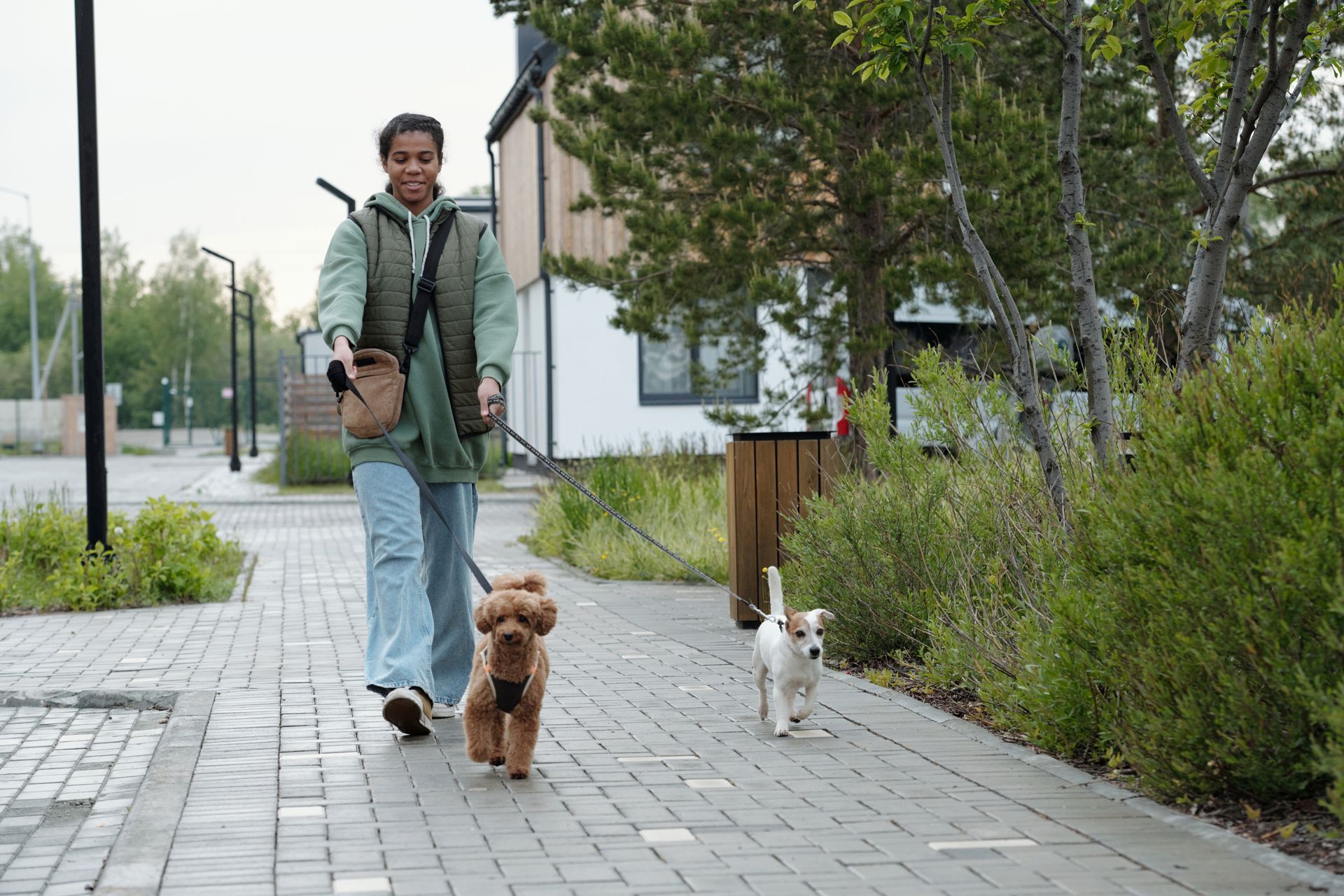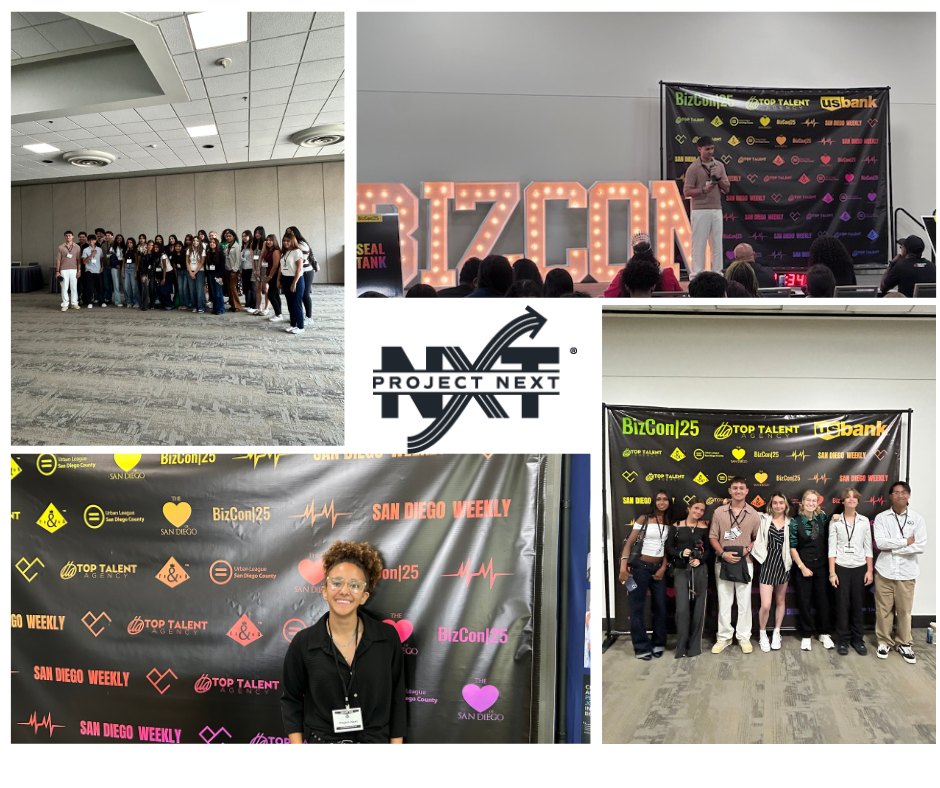Developing Soft Skills: The Key to Success in Any Career
Why Communication, Teamwork, and Problem-Solving Matter: And How High School Students Can Start Building Them Now
When thinking about career preparation, it’s easy to focus on technical skills, like learning how to code, understanding math, or mastering a trade. But no matter what path you choose after high school, there’s another set of abilities that are just as important, if not more important: soft skills.
Soft skills are personal qualities that help you work well with others and navigate challenges in the workplace. They’re the foundation of strong relationships, sound decision-making, and effective leadership, and they’re in high demand across all industries.
In this post, we’ll break down what soft skills are, why they’re essential to your future success, and how you can start developing them as a high school student.
What Are Soft Skills?
Soft skills are sometimes called “people skills” or “employability skills.” They’re the traits and habits that help you interact with others and handle real-world situations. Unlike job-specific hard skills, soft skills are transferable, meaning they’re useful in any role, in any field.
Some of the most valuable soft skills include:
- Communication (verbal, nonverbal, and written)
- Teamwork and collaboration
- Problem-solving and critical thinking
- Adaptability and flexibility
- Leadership
- Work ethic and responsibility
- Emotional intelligence and empathy
- Time management and organization
Why Soft Skills Matter in Every Career
No matter what job you’re aiming for, whether it’s as a nurse, electrician, teacher, or tech developer, soft skills help you:
✅
Work with others effectively
Whether you're part of a hospital team or a construction crew, being able to listen, compromise, and support your team is crucial.
✅
Solve problems independently and creatively
Employers value workers who can think critically and find solutions, especially when unexpected challenges come up.
✅
Communicate clearly and professionally
Good communication builds trust, prevents misunderstandings, and helps you get your ideas across, whether you're writing an email, speaking with a customer, or presenting an idea.
✅
Grow in your career
Soft skills often determine who gets promoted. Being a great communicator, team player, and leader can open doors to management and leadership opportunities.
✅
Stand out in interviews
Many students share similar educational backgrounds, but employers seek those who also possess confidence, professionalism, and the ability to connect with others.
How High School Students Can Start Building Soft Skills Now
You don’t need a job or internship to begin developing soft skills. Many of these can be practiced in your everyday life, at school, at home, and in your community.
1. Build Communication Skills
- Practice active listening, really focus when someone is speaking.
- Participate in class discussions or join public speaking clubs, such as Toastmasters or debate clubs.
- Work on your writing, clear, respectful communication is a skill that shines on resumes and emails.
2. Learn Teamwork Through Group Projects and Activities
- Volunteer, play team sports, or join student organizations.
- During group work, take the initiative to help organize tasks, solve conflicts, and support teammates.
- Reflect afterward: What worked well? What could you have done differently?
3. Strengthen Problem-Solving Abilities
- Take on challenges that require critical thinking, like puzzles, STEM clubs, or community service projects.
- If something doesn’t go as planned (e.g., a school event falls apart), take a step back and ask:
What went wrong? How could it be improved? What would I do next time?
4. Develop Adaptability and Resilience
- Life doesn’t always go according to plan. Learn to be flexible and stay calm under pressure by embracing changes or trying new experiences.
- Use setbacks as learning opportunities, not failures.
5. Practice Time Management
- Use planners, digital calendars, or to-do lists to stay organized.
- Prioritize your responsibilities, school, work, and family, and learn to manage your time wisely.
- Being dependable and punctual builds trust with teachers, employers, and peers.
Where to Practice Soft Skills Outside of School
Here are some great places to put soft skills into action:
- Volunteer opportunities (e.g., shelters, community events)
- Part-time jobs or internships
- Youth organizations (e.g., 4-H, Boys & Girls Clubs, Scouts, church groups)
- Sports teams, theater, student government, or clubs
- Mentorship or leadership programs like Project Next’s Next Level Programming
Final Thoughts: Start Now, Succeed Later
Developing soft skills isn’t something that happens overnight; it’s something you build with practice, patience, and experience. The sooner you start, the more prepared you’ll be for whatever comes after high school, whether that’s college, vocational training, or a full-time job.
So don’t wait. Look for opportunities to improve how you communicate, collaborate, and solve problems. These everyday skills may seem small now, but they’re the key to big success in any career.
“Hard skills get you hired. Soft skills get you promoted.” -Unknown
You have the power to shape your future, one conversation, team effort, or challenge at a time.










